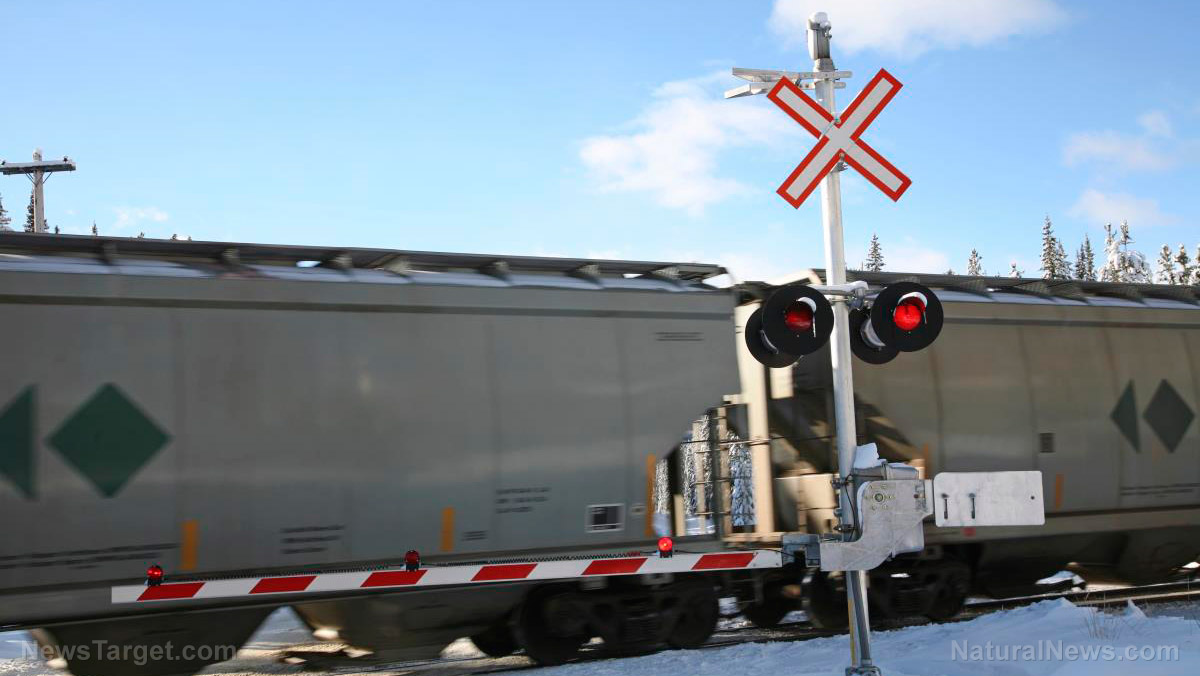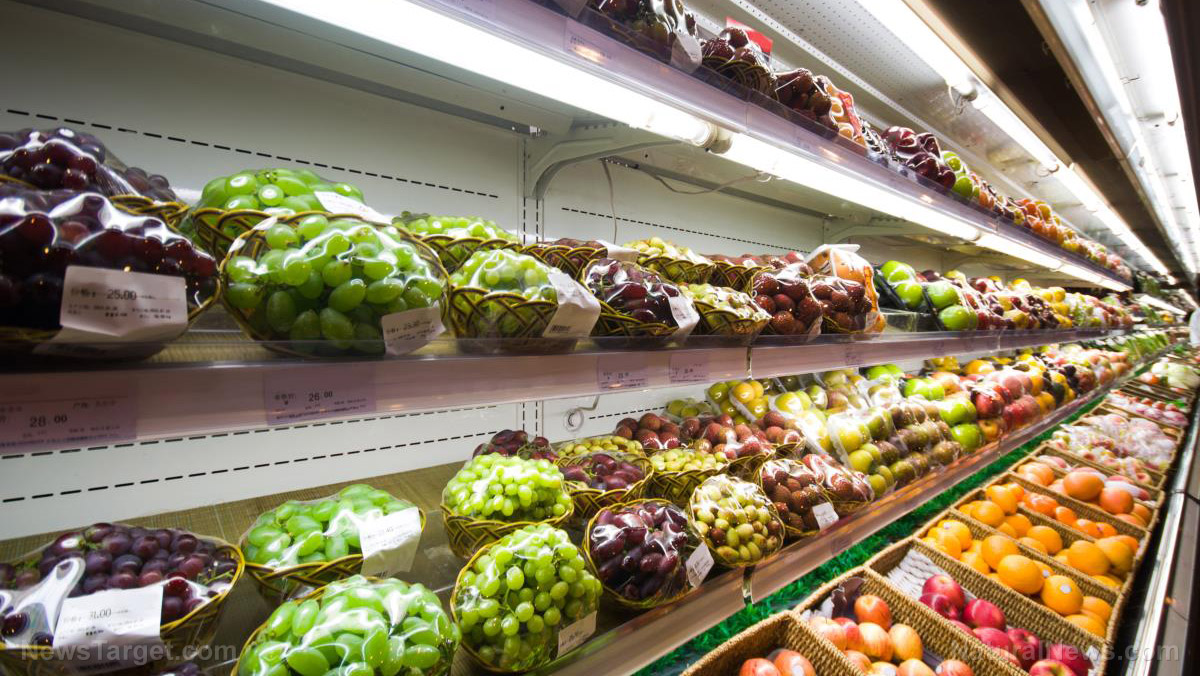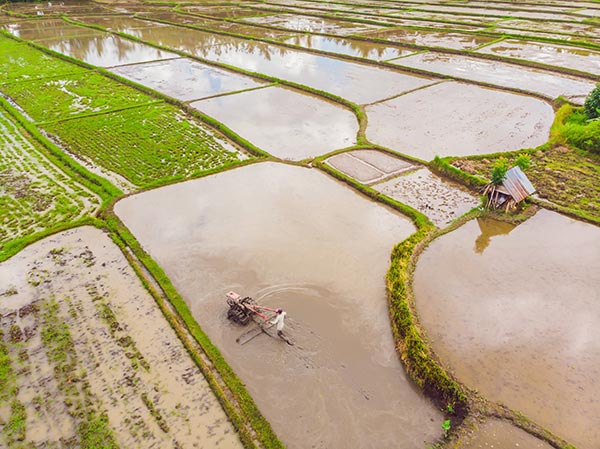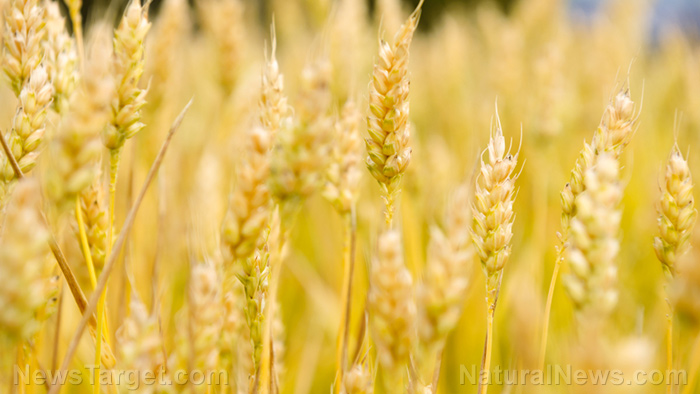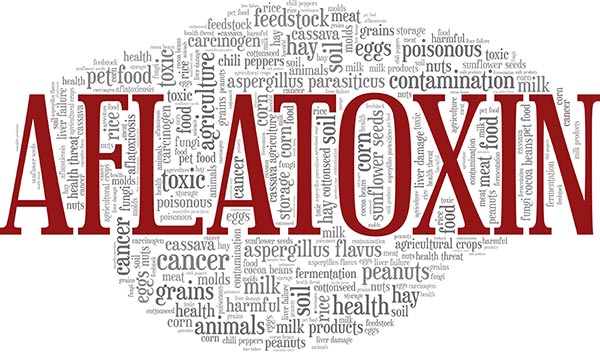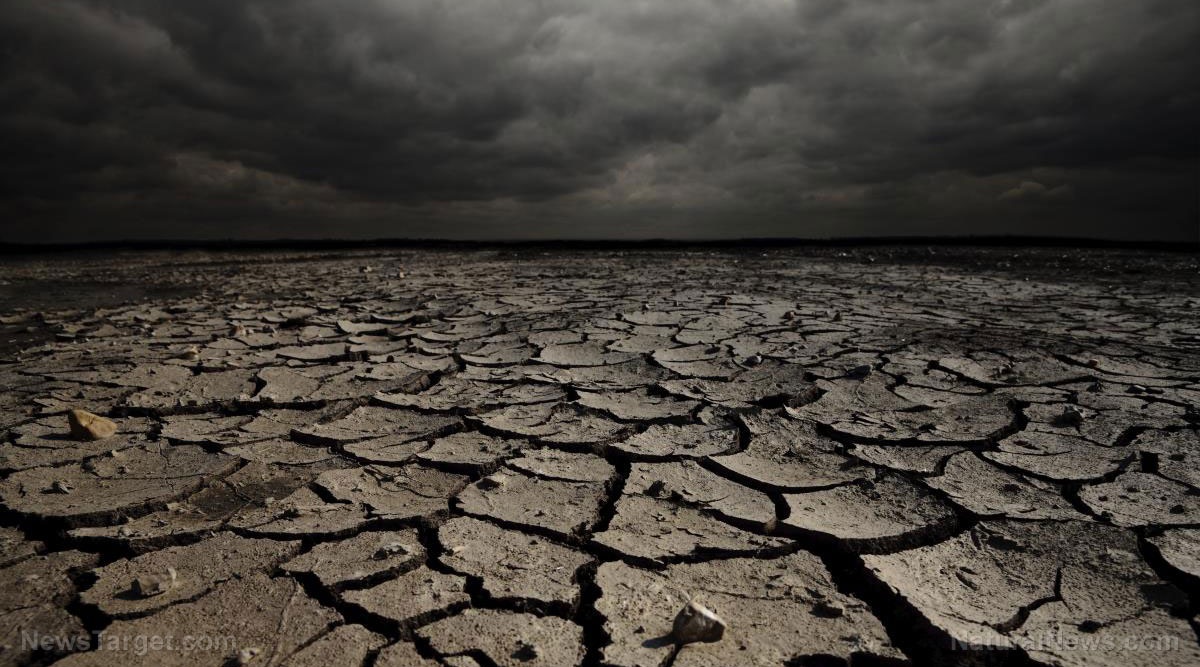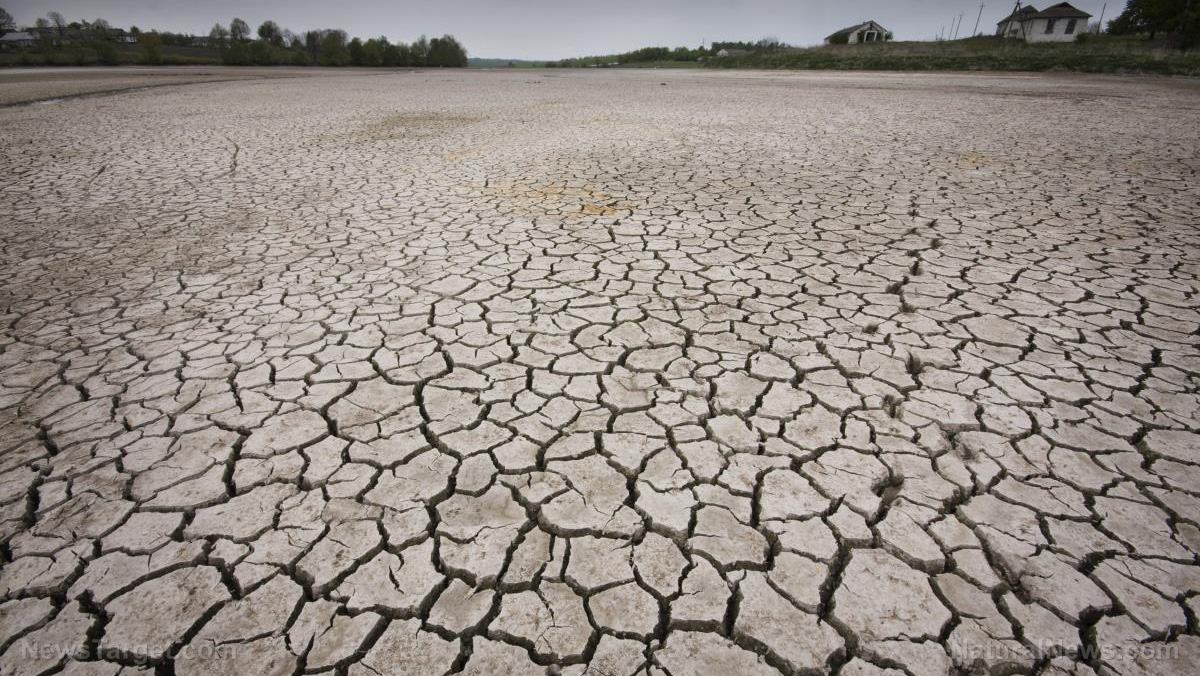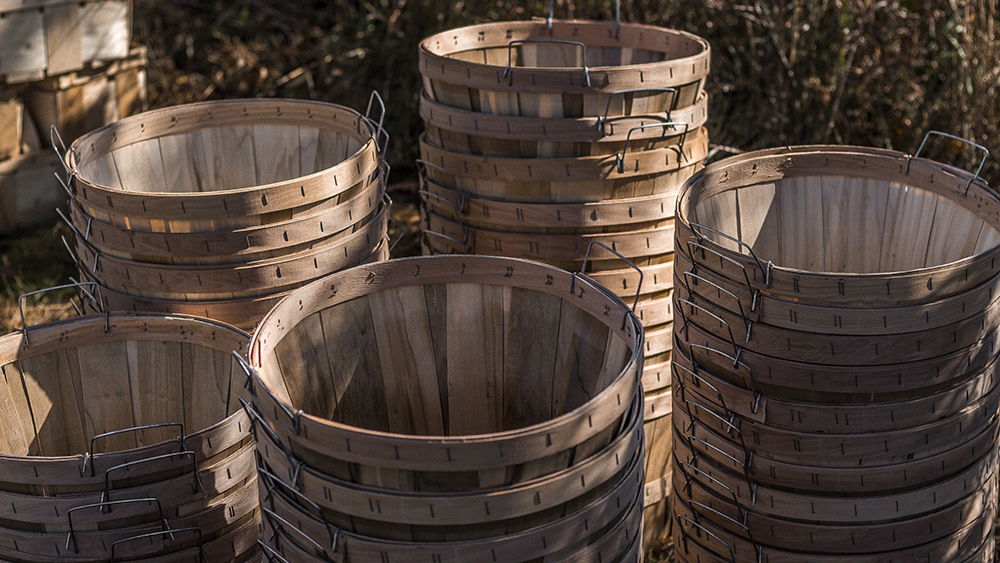United Nations BEGGING Russia to export fertilizer so Western nations don’t suffer a worsening food collapse
09/14/2022 / By Ethan Huff
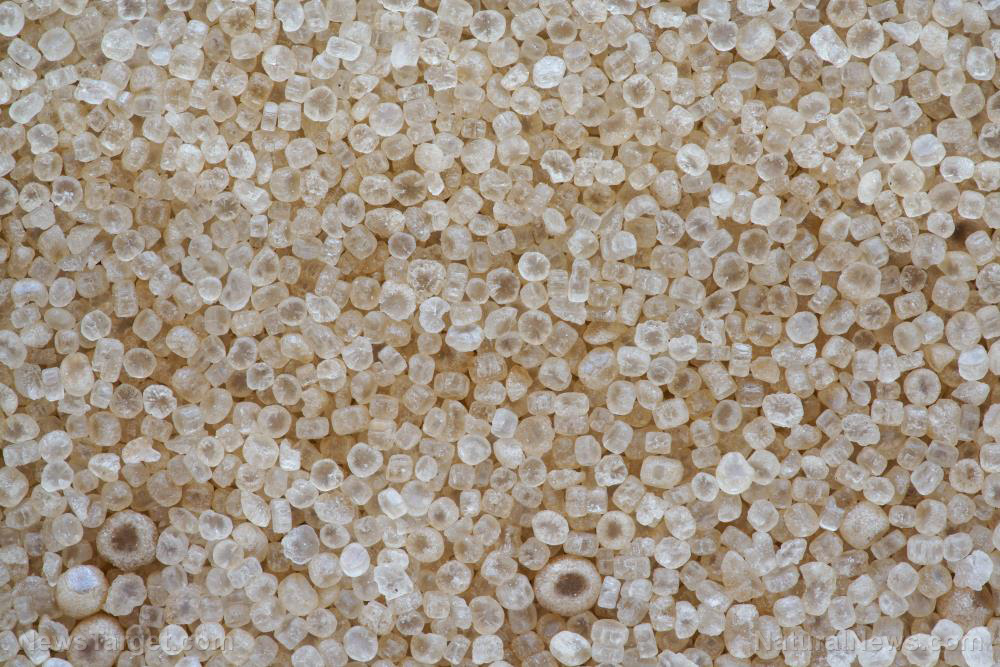
In a bid to prevent a global food crisis, the United Nations has resorted to begging Russia for mercy concerning its export of fertilizer to Western countries that need it for crops.
Right now, a pipeline that once transported ammonia from Russia to Ukraine’s Black Sea port of Yuzhny (renamed “Pivdennyi”) is offline due to Western sanctions against Russia. Consequently, much-needed fertilizer has stopped flowing.
Before the war, Russia accounted for about 20 percent of all global exports of ammonia, a key ingredient in fertilizer production. The ammonia pipeline in question has been closed since the February invasion began. (Related: The UN was warning back towards the start of covid that a “famine of biblical proportions” was soon to come.)
The pipeline is capable of transferring 2.3 million tons of ammonia per year, which would be really nice right about now amid skyrocketing fertilizer prices.
“Talks are moving in the right direction and every effort is being made by all parties at every level to ensure a positive outcome,” announced Rebeca Grynspan, a UN trade official.
Putin blasts UN for earlier grain deal, says EU took most of it rather than the poorer countries for which it was intended
If the UN’s proposal is a success, some two million tons of Russian fertilizer worth $2.4 billion will make its way from the former Soviet Union through the same sea corridor that was recently unblocked following a grain deal forged between Russia and Ukraine.
That deal was made back in July as part of a UN-brokered deal similar to the one now being negotiated for ammonia. Part of that agreement included a promise from the UN to help lift international sanctions on exports of not just fertilizer but also food products.
Vladimir Putin agreed to that deal under an agreement that the grain would be sent to poorer developing countries most in need – countries that got caught in the fray of Western sanctions. A bulk of it, however, ended up being rerouted straight to the European Union.
“Almost all the grain exported from Ukraine” ended up in the EU, Putin is quoted as saying in condemnation of that deal and how it was handled.
With that in mind, one wonders if Putin will even consider the new UN proposal about fertilizer, seeing as how that, too, will likely end up being sent to the likes of Germany and France as opposed to Africa and the Middle East.
“How about the UN urge the United States of Endless WAR to STOP sending arms to the Nazis in Ukraine!” wrote a commenter at RT.
“To whom, UN?! Africa or EU?! As you did with grain exports,” wrote another about where all the fertilizer in question will be routed once all is said and done. “Out of 89 ships that departed from Ukraine, 87 finished in EU, and only two in Africa. Bloody liars, thieves, and hypocrites.”
Several others emphasized that the EU is “owned and controlled by the enemy,” adding that the UN is the “largest terrorist group in the world” and needs to be immediately defunded.
“Beware the UN,” wrote another. “They want Europe to help steal the fertilizer just like they did the grain.”
“Not selling fertilizer to EU and NATO states might be a better deal than Russia selling fertilizers to them,” someone else chimed in. “They are, after all, engaged in a proxy war against Russia, and Russia doesn’t owe them anything.”
Another thing to consider is that fertilizer inputs can also be used to make explosives, which is another concern that Russia will want to consider before complying with the UN’s request.
More of the latest news about this subject can be found at FoodCollapse.com.
Sources for this article include:
Submit a correction >>
Tagged Under:
chaos, collapse, crisis, crops, export, famine, fertilizer watch, food collapse, food scarcity, food supply, harvest, inflation, panic, rationing, Russia, sanctions, supply chain, United Nations, world agriculture
This article may contain statements that reflect the opinion of the author
RECENT NEWS & ARTICLES
WorldAgriculture.News is a fact-based public education website published by WorldAgriculture News Features, LLC.
All content copyright © 2022 by WorldAgriculture News Features, LLC.
Contact Us with Tips or Corrections
All trademarks, registered trademarks and servicemarks mentioned on this site are the property of their respective owners.

